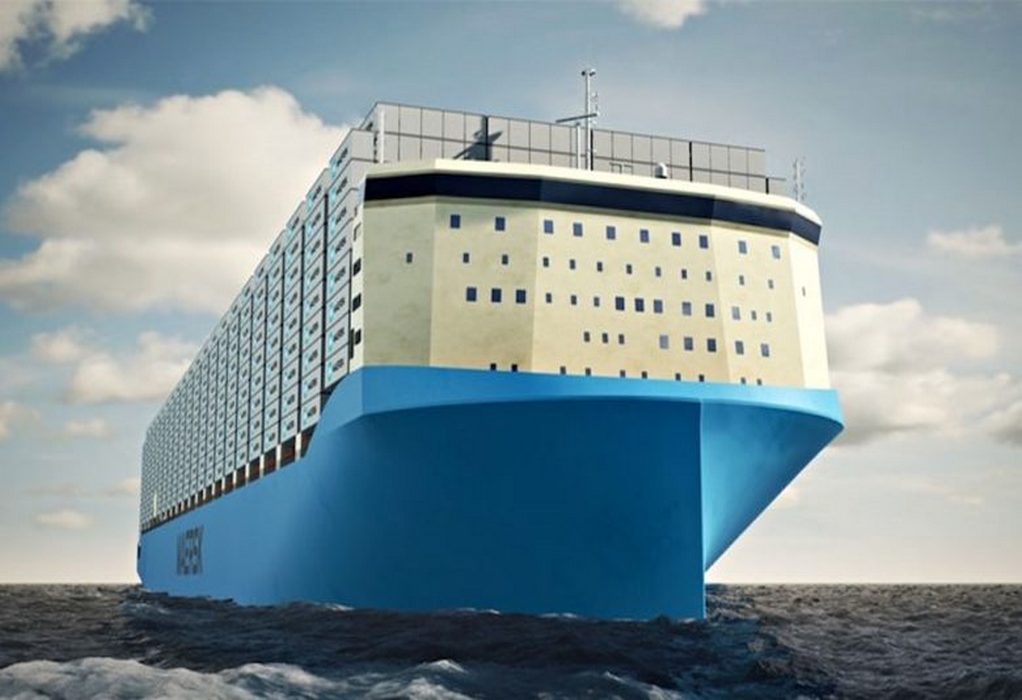A.P. Moller – Maersk´s (Maersk) greenhouse gas emissions targets have been validated by the Science Based Targets initiative (SBTi) to be in line with the 1.5-degree pathway from the Paris Agreement. This marks an industry first under SBTi’s new Maritime Guidance.
While Maersk continues to aim for Net-Zero* greenhouse gas (GHG) emissions for the entire business in 2040 with significant milestones for 2030, the validated targets include new specific and absolute targets to reduce emissions from Maersk’s own operations and across its supply chains (covering all scope 1, 2 and 3 emissions).
At Maersk, we feel a strong responsibility to take action in the climate crisis. The Science Based Targets initiative represents the highest standard for corporate climate targets, and we are very proud to have obtained validation. We are committed to do our share to reach these targets, but we cannot do it alone. To succeed, we are dependent on and working with the ecosystem that we are part of, including customers, suppliers, industry peers and regulators. Importantly, there is a need for global regulations from the International Maritime Organization (IMO) to close the price gap between fossil and green fuels to secure a level playing field,
Since 2019, Maersk has been committed to setting climate targets in line with science and guidance from SBTi, a widely recognized and adopted voluntary framework for corporate climate targets. When SBTi published the guidelines for the maritime transport sector in late 2022, Maersk subsequently submitted the near- and long-term targets to reach absolute reductions from a 2022 baseline.
These new targets are a proof-point that even as a company in a hard–to-abate sector, it is possible to adopt ambitious science-based targets and get them validated. We know that delivering on them will be a very difficult task, however, setting ambitious targets, both near- and long-term, is critical to our energy transition efforts as they drive action to secure material impact in this decade.
Maersk and the wider maritime sector are working intensely to drive an effective implementation of the International Maritime Organization’s Greenhouse Gas Strategy. As green fuels** come with a higher price than fossil fuels, a regulatory regime accelerating the energy transition of the sector and covering the majority of the cost gap for green fuels is paramount. In this context, Maersk, along with its industry peers in the World Shipping Council, will put forward a concrete green balance proposal at IMO MEPC81 addressing this.
Today, almost 60% of Maersk’s top 200 customers have committed to or set science-based targets, including their supply chains. A Green Balance Mechanism for shipping will support their efforts to decarbonise their logistics supply chains as well as help the shipping industry reach net-zero emissions.
Within the company’s own operations, the most important levers are green fuels and continued improvements in fuel efficiency, while solutions across the supply chain require engagement and close collaboration with suppliers.
In the 2023 Sustainability Report, Maersk reports on its existing climate targets. From 2024, Maersk will commence reporting on the new SBTi validated targets.
Tags: Climate Targets, GHG Emissions, Maersk, Maritime Guidance, SBTi



Recent Posts
Hyundai Glovis to Retrofit Seven PCTCs with Avikus AI Navigation System
Super Terminais orders three more Konecranes Gottwald ESP.10 Mobile Harbor cranes
Covestro and HGK Shipping Extend Partnership to 2040 with Focus on Wind-Assisted Vessel Retrofit
Artemis Technologies Successfully Demonstrates 100 Percent Electric Crew Transfer Vessel at Aberdeen Offshore Wind Farm
IACS Council Advances Decarbonisation, Digitalisation and Governance Priorities at C91 Meeting in Beijing
Japan Launches Major R&D Project to Advance Shipbuilding with Alternative Fuels
EU Adopts Emissions Standards for Low Carbon Hydrogen to Bolster Clean Energy Market
Trafigura to Implement ZeroNorth’s AI Platform Across Global Fleet